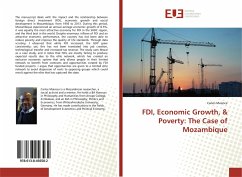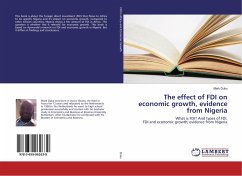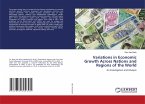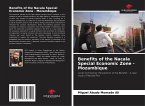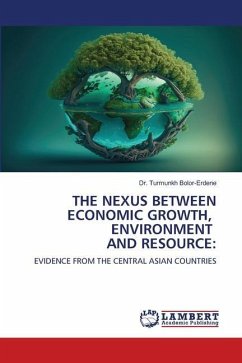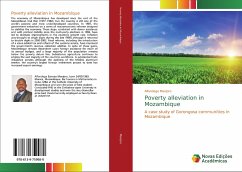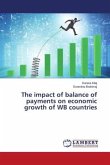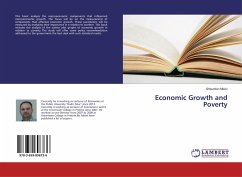The manuscript deals with the impact and the relationship between foreign direct investment (FDI), economic growth and social development in Mozambique, from 1993 to 2013. During this period, Mozambique experienced an annual average economic growth of 8.5%, it was equally the most attractive economy for FDI in the SADC region, and the third best in the world. Despite enormous inflows of FDI and an attractive economic performance, the country has not been able to reduce poverty and improve the quality of life standards. Through data scrutiny, I observed that while FDI increased, the GDP grew consistently; yet, this has not been translated into job creation, technological transfer and increased tax revenue. The study uses Mozal as a case study, and it notes that FDIs are mostly failing to produce expected results due to the elite network, which has created an exclusive economic system that only allows people in their limited network to benefit from contracts and opportunities created by FDI funded projects. I argue that opportunities are given to a limited elite network to avoid dispersion of rents to opposing groups which could revolt against the elite that has captured the state.
Bitte wählen Sie Ihr Anliegen aus.
Rechnungen
Retourenschein anfordern
Bestellstatus
Storno

